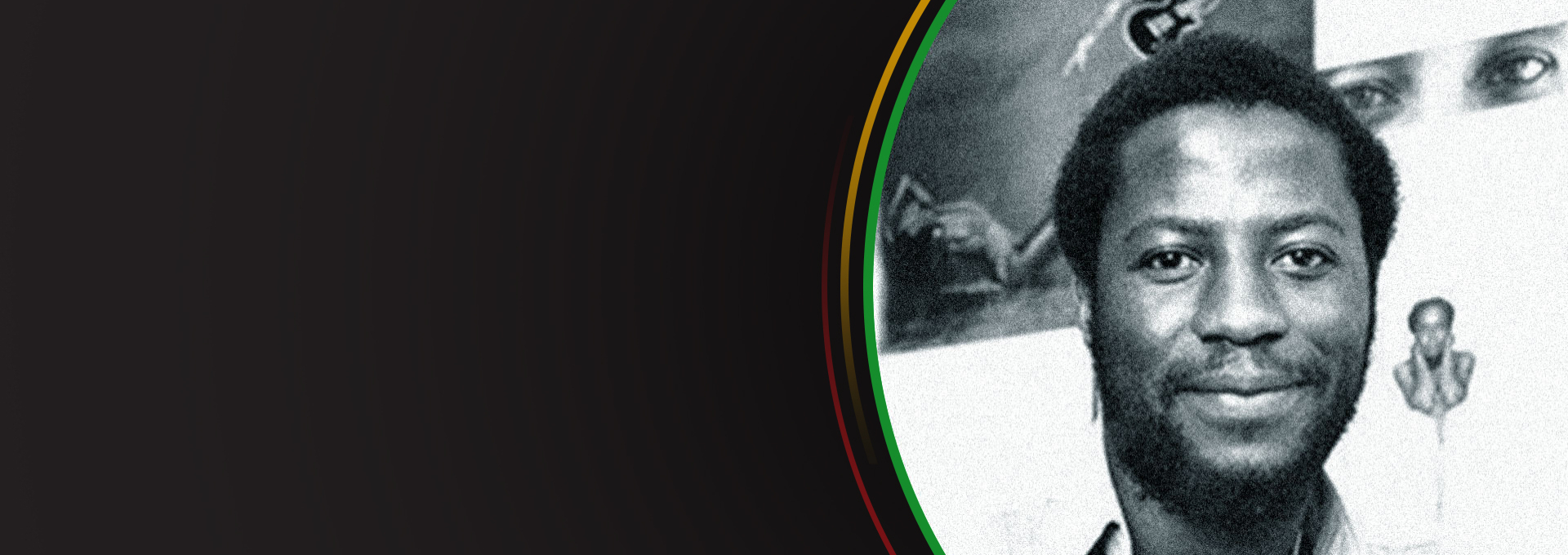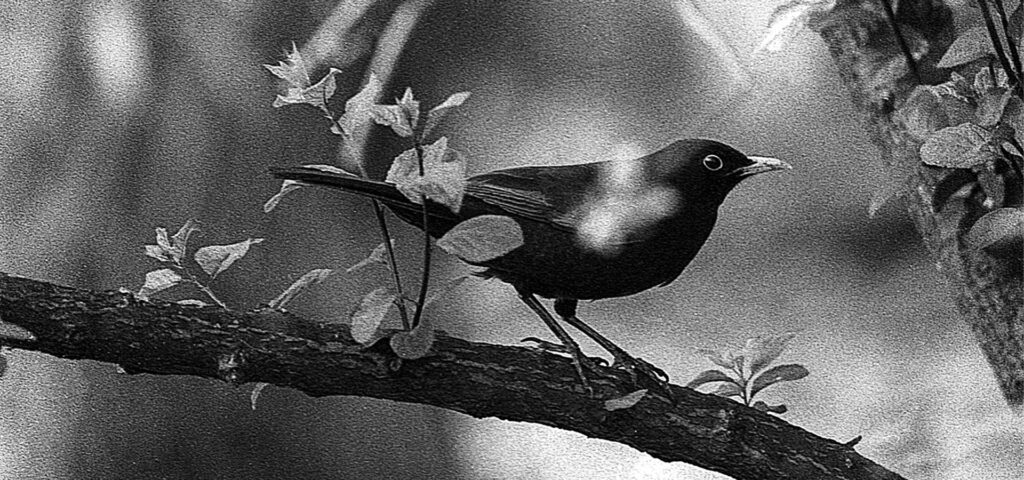It has often been suggested that it can’t be coincidence that a UK band so heavily influenced by American black music were also from a city which was also a seaport. Many Liverpudlian youths would ask their sailor fathers/uncles to buy them American records by black artists from overseas; records which they could never purchase in the U.K. and could only hear on the radio/wireless. Of course, no Liverpudlians were doing this more than the Liverpool musicians who were part of what was to become the Merseybeat explosion (e.g., Gerry & The Pacemakers, The Searchers, Billy J. Kramer, Rory Storm, The Big Three, etc.). Such bands would try to be the first to learn whatever album tracks or B-sides they’d acquired from their sailor-relatives, and once they performed that song, they laid claim to it (even though they didn’t write it). A good example of this is ‘The Hippy, Hippy Shake’ which (although The Beatles did perform it) was seen locally in Liverpool as being ‘owned’ by The Swinging Blue Jeans).
However, The Beatles were one of the few Liverpool bands to actually state at their gigs which black artists had originally recorded the song they were covering. This practice of ‘white UK artists covering songs by black American artists’ both hindered and helped the latter. It hindered American black artists because their original versions were often outsold by the white artist’s cover. However, such practice also brought attention to those black artists who may not otherwise had been heard of by the UK record-buying public. What made The Beatles great was that they were telling their audiences at The Cavern who they were covering before they even had a recording contract, which in turn may make those young Liverpudlians ask their sailor friends to buy albums by the original artist when travelling overseas.
Black Artists covered by The Beatles
Even on their first five albums of 1963-1965, almost all of the covers were originally recorded by black American soul artists (namely Arthur Alexander’s ‘Anna (Go To Him)’, The Cookies’ ‘Chains’, The Shirelles’ ‘Boys’ & ‘Baby It’s You’, The Top Notes’ ‘Twist & Shout’, The Marvelettes’ ‘Please Mr. Postman’, The Miracles’ ‘You Really Got A Hold On Me’, The Donays’ ‘Devil In Her Heart’, Barrett Strong’s ‘Money (That’s What I Want) and Larry Williams’ ‘Dizzy Miss Lizzy.’
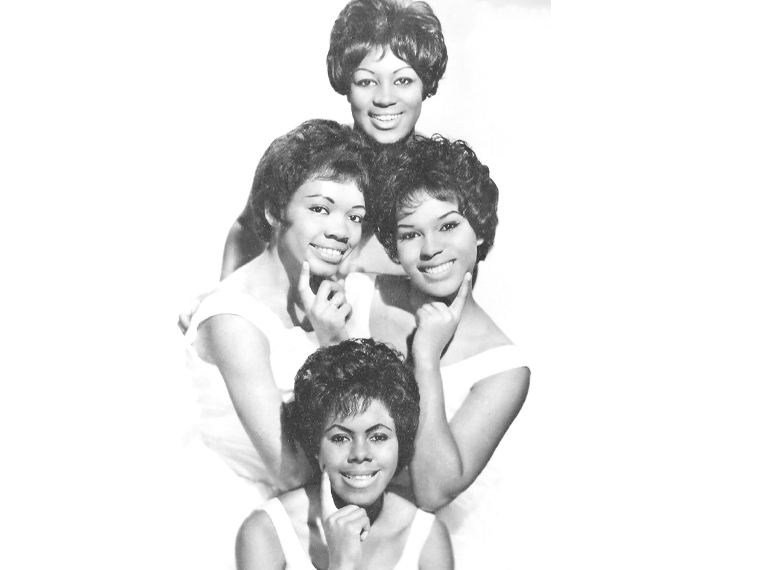
The Shirelles in 1962.
In terms of the influence of black rock ‘n’ roll stars (as opposed to soul stars), it’s often been said that John Lennon was more influenced by Chuck Berry, whereas Paul McCartney was practically obsessed with Little Richard (The Chuck Berry and Little Richard covers are too numerous to list). It was often considered an unwritten rule that John always took lead vocals for the Chuck Berry covers, whilst Paul always took lead vocals for The Beatles’ Little Richard covers.
In fact, in the 1994 movie ‘Backbeat’ (which documented The Beatles’ time in Hamburg), there is a fleeting scene where the actor portraying Lennon is singing Little Richard’s ‘Long Tall Sally.’ McCartney stated that this was the film’s only error.
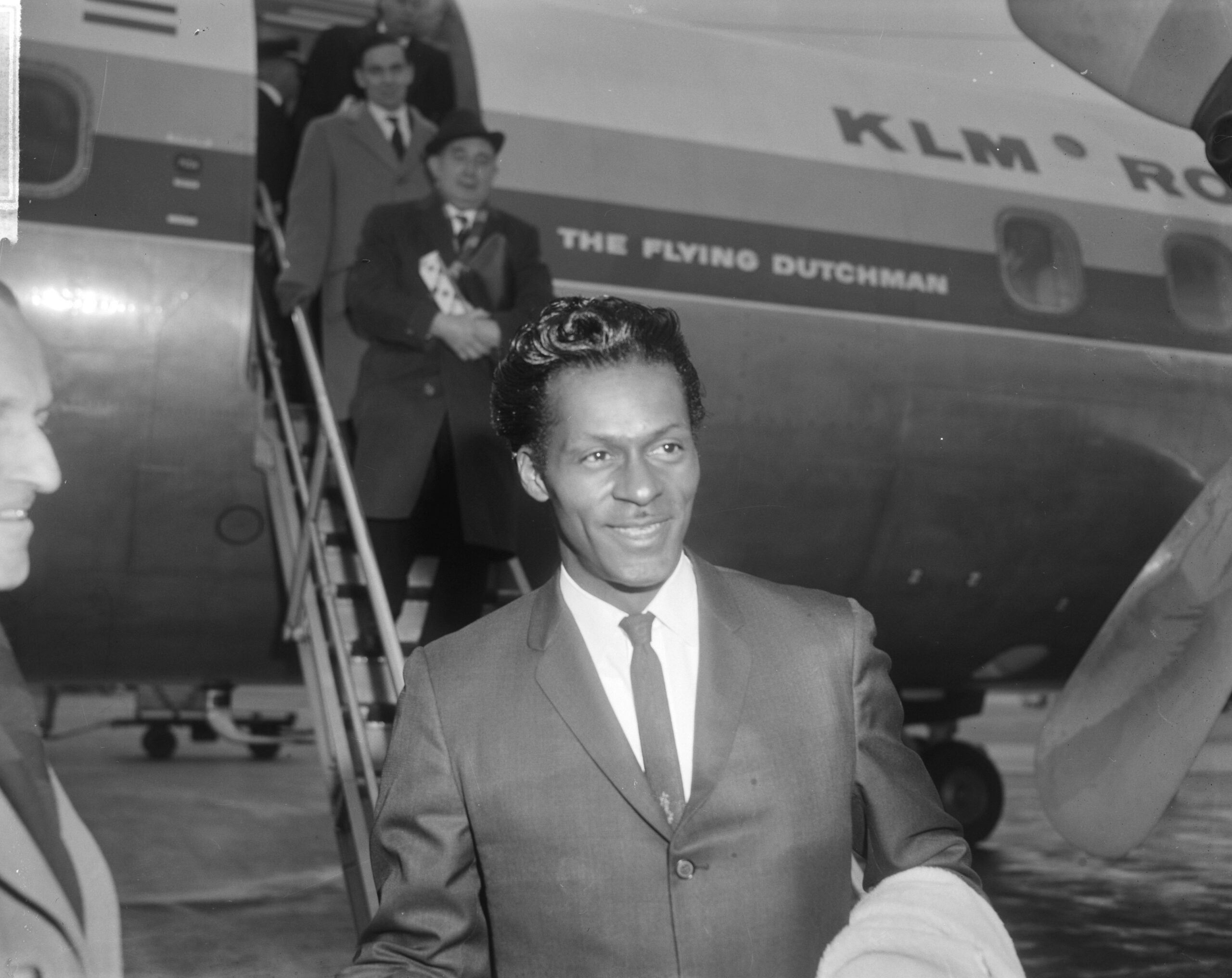
Chuck Berry in 1965.
Black Music’s Influence on Lennon/McCartney’s Songwriting
You can hear the rhythm and blues influence on certain Beatles compositions (especially in John’s writing), with songs such as ‘Yer Blues’, ‘Oh! Darling’ and even in their very first single ‘Love Me Do’.
In terms of 1960s soul music, John pointed to his song ‘You Can’t Do That’ as being heavily influenced by Wilson Picket, whilst McCartney admitted that ‘Got To Get You Into My Life’ and ‘She’s A Woman’ was an attempt to write a Motown-style song.
With reggae and ska quickly becoming popular in The UK, John stated that the middle instrumental section of his song ‘I Call Your Name’ was The Beatles seeing if they could play a ska rhythm, while McCartney’s ‘Ob-La-Di, Ob-La-Da’ had an unmistakable reggae influence.
The Beatles’ Influence on Black Artists
Many black soul artists have covered Lennon/McCartney, some more famous than others. Otis Redding’s ‘Day Tripper’ and Stevie Wonder’s ‘We Can Work It Out’ are to name but a few. The 1995 album entitled ‘The Soul Of Lennon & McCartney’ has a fine collection of black artists covering songs written by The Beatles, such as Aretha Franklin’s ‘Let It Be’, Wilson Picket’s ‘Hey Jude’, Al Green’s ‘Get Back’, Sarah Vaughan’s ‘I Want You (She’s So Heavy)’, Richie Havens’ ‘In My Life’, The Detroit Emeralds’ ‘And I Love Her’, The Five Stairsteps’ ‘Dear Prudence’, Dionne Warwick’s ‘A Hard Day’s Night’, The Impressions’ ‘Fool On The Hill’, Ella Fitzgerald’s ‘Can’t Buy Me Love’, Gwen Guthrie’s ‘Ticket To Ride’, Cissy Houston’s ‘Long & Winding Road’ and P.P. Arnold’s ‘Yesterday’ (the latter song being the most covered song in musical history). In some cases, Beatles songs have been covered by artists of the very genre they were originally trying to emulate. For example, the previously mentioned ‘Got To Get You Into My Life’ was covered by Earth, Wind & Fire, whilst Fats Domino recorded ‘Lady Madonna’ which Fats himself had influenced McCartney to write.
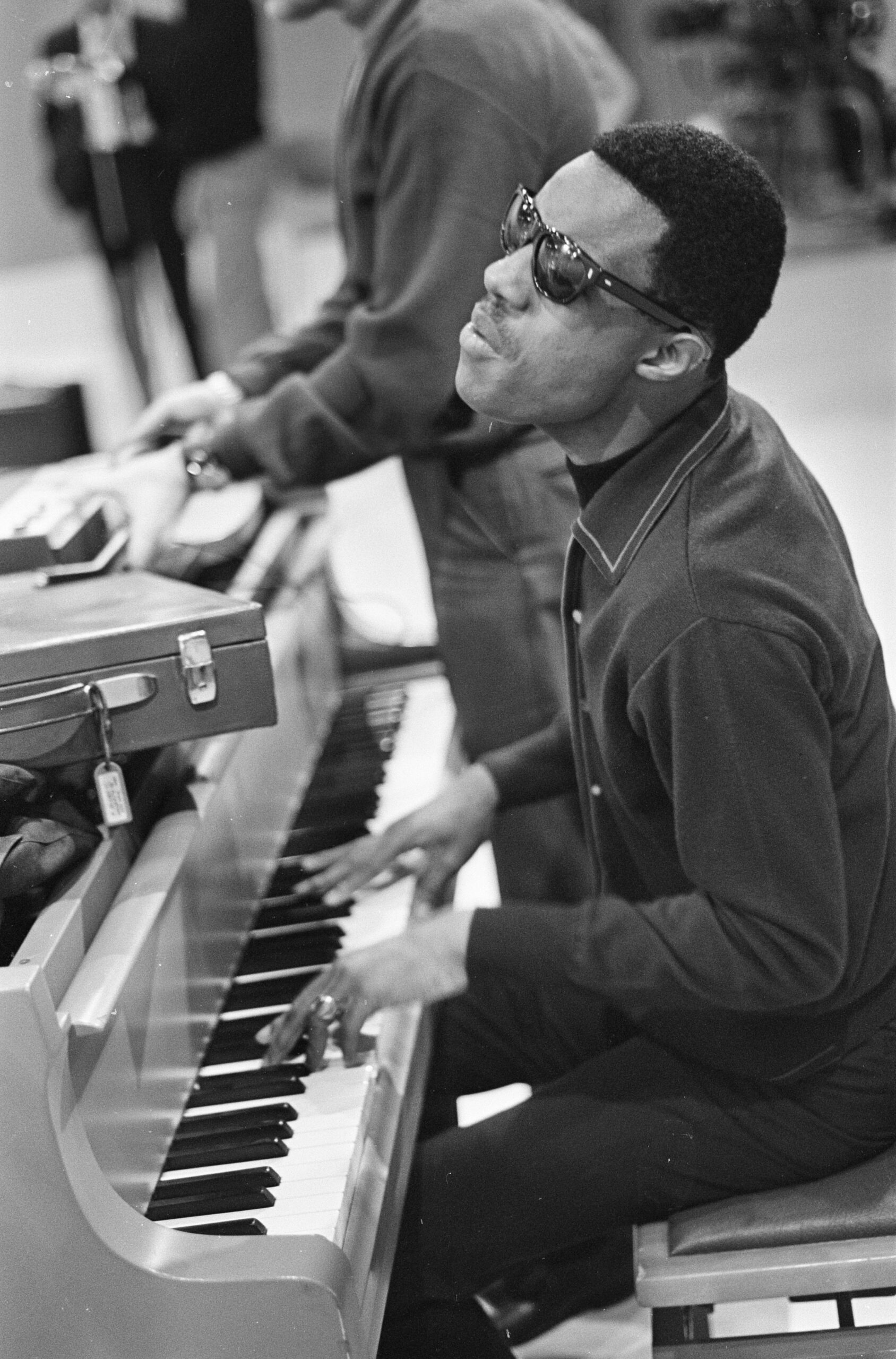
Stevie Wonder in 1967.
Finally, many reggae acts have dipped into the Lennon/McCartney song book: Such as Jackie Edwards’ ‘Yesterday’, John Holt’s ‘I Will’, Ken Boothe’s ‘My Love’, The Maytals’ ‘Give Peace A Chance’, Del Davis’ ‘World Without Love’, Ernie Smith’s ‘You Won’t See Me’, Shabba Ranks’ ‘She’s A Woman’ and Desmond Dekker’s ‘Blackbird.’
So, it could be said that the ‘Black-Music: Beatles’ influence has come full circle. Although it may have started with bands like The Beatles hearing records by black artists and covering them, The Beatles then added their own interpretation of such music in their own compositions, which in turn were covered by (or at least influenced) black artists later on. It should not be forgotten that The Beatles had their own style which influenced later black artists (e.g., Jimi Hendrix, Prince & Lenny Kravitz), plus The Beatles themselves were influenced by white acts (such as Elvis Presley) who in turn had been influenced by previous black artists. In the end, music is made by everybody, for everybody.
– Les Spaine
Les Spaine emerged as one of the most important British club DJs of the 70s with residencies at The Pun Club and the legendary Timepiece Club in Liverpool before moving onto a career in the music industry working for EMI, Motown and Capitol Records.
